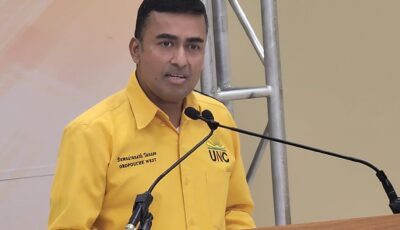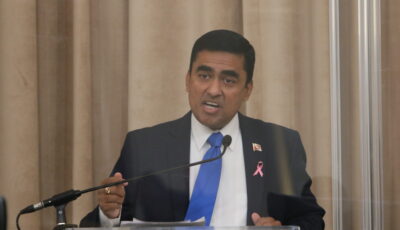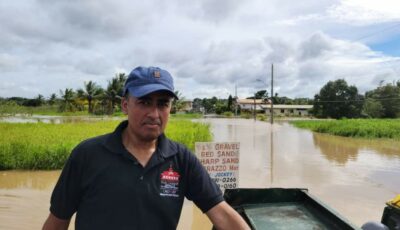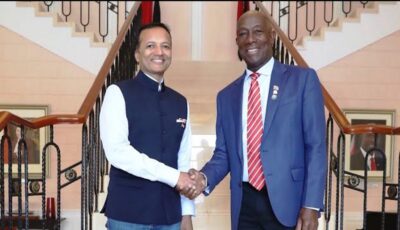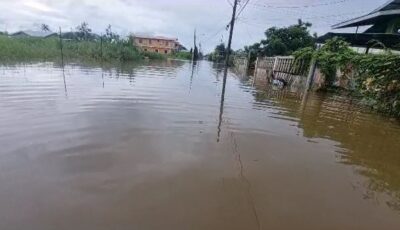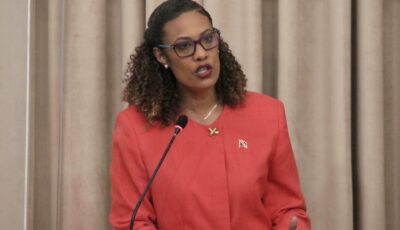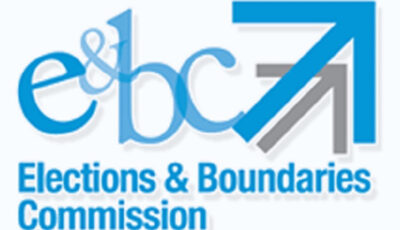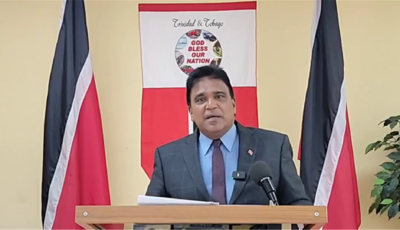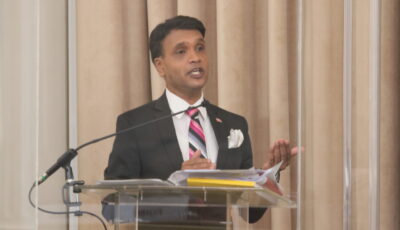MP Charles sets the record straight

Our international image is in shambles. Negative travel advisories abound. Our children have for years been left unconscionably alone to fend for themselves in Syria. Barbados had to step up to assist our citizens banished from their homeland during COVID. We remain on an EU blacklist. Denmark has canceled its double taxation treaty with us. EU banks have threatened to stop dealing with our Missions in Europe.
A former Danish Trade Minister called TT a “nook of shame” for money laundering and tax evasion. Two recent and very damaging US State Department Reports on Human Trafficking and on Human Rights confirm our near pariah status in the international community.
Minister Browne, if he wants to be useful and relevant, must ask Rowley to put out for public consumption the list of the donors he “negotiated with” to fund Balisier House. This will be a much more productive use of his time. Generations yet unborn will applaud his bravery, patriotism and productivity.
Instead, this Minister finds time on two occasions to distract from these very urgent governance issues to engage in a futile diversionary, tit for tat debate.
This will be my last engagement on this issue. This is an entirely unproductive debate to distract from Balisier House.
I need, however, to set the record straight. The undisputed facts are:
-
GRULAC is assigned the Presidency of the UN General Assembly, every five years due to the rotation among the five regional groups, as outlined in Rule #30 of the Rules of Procedure of the General Assembly. The five groups are: the African Group, WEOG (Western European and other States), APG (Asia Pacific States), EEG (Eastern European Group) and GRULAC (Group of Latin American and Caribbean Countries).
-
The geographic rotation is designed to ensure a wide as possible spread of candidates among Member States of the UN.
-
Within GRULAC there is a binding convention that the 5 year rotation will be alternated between the Latin American and English speaking Members of GRULAC, composed of 33 Member States. If CARICOM fails to put up a candidate when its turn comes around, only then will the Latin Americans put up a candidate.
-
This means that the Presidency of the GA becomes available to a CARICOM Member State every ten years.
-
Ten years ago (i.e. 2013) the Presidency was held by Ambassador John William Ashe (now deceased) from Antigua and Barbuda. Nothing can change that ten year waiting period. Ten years before Ambassador Ashe, the President of the GA was St Lucia’s John Hunte (2003). And ten years before Hunte, (in 1993) it was Guyana’s Ambassador, Samuel R. Insanshally. History shows that every ten years a CARICOM consensus candidate wins the PGA.
-
The next time the Presidency would become available to a CARICOM Member State, after Ambassador Ashe, would be 2023.
-
Prior to Kamla Persad Bissessar, TT despite its stature in CARICOM had never lobbied for the Presidency, the then CARICOM caucus and their Capitals agreed that all CARICOM Member States would fully support TTs candidacy. Consistent with the unanimous decision of the CARICOM caucus, TT put forward its candidacy, unopposed on 5th September 2013.
-
Given the convention and practice, all GRULAC members and the entire GA membership will support the CARICOM nominee, in this case TT, in the elections carded for September 2023. That is a fact. Time will prove me right.
-
This is reinforced by the fact that never in CARICOM’s history have they voted against a consensus candidate. That is why when TT wanted in 2013 to advance the process for an earlier candidacy, TT had to wait the mandatory ten years prescribed by UN rules and conventions. That also is a fact.
-
This means that a country cannot decide overnight that it wishes to be nominated as PGA and begin a campaign. It is not an overnight thing as I learnt in 2013. No one, not even Winston Dookeran, can deny this process. If Mr Dookeran says I am wrong then he must identify the alternative approach to the process which I have outlined. You simply cannot announce a candidacy mere five months before the election and announce a campaign. The UN does not operate so.
The process outlined above is the only one governing the nomination of a GRULAC candidate by a Member State to the Presidency of the General Assembly. Each of the five groups has its own internal processes for putting forward its consensus candidates. It is always done smoothly, diplomatically and by consensus.
Our candidacy is therefore 100% assured of success later this year thanks to our efforts which began in September 2013. That is an irrefutable fact. Time alone will tell.
I therefore wish Minister Brown every success in his campaign against an invisible GRULAC opponent. We will be toasting TTs success.
My hope is that Minister Browne will finally start tackling the many troubling domestic and geopolitical issues which bedevil our international image.
This is his job and his job alone.

